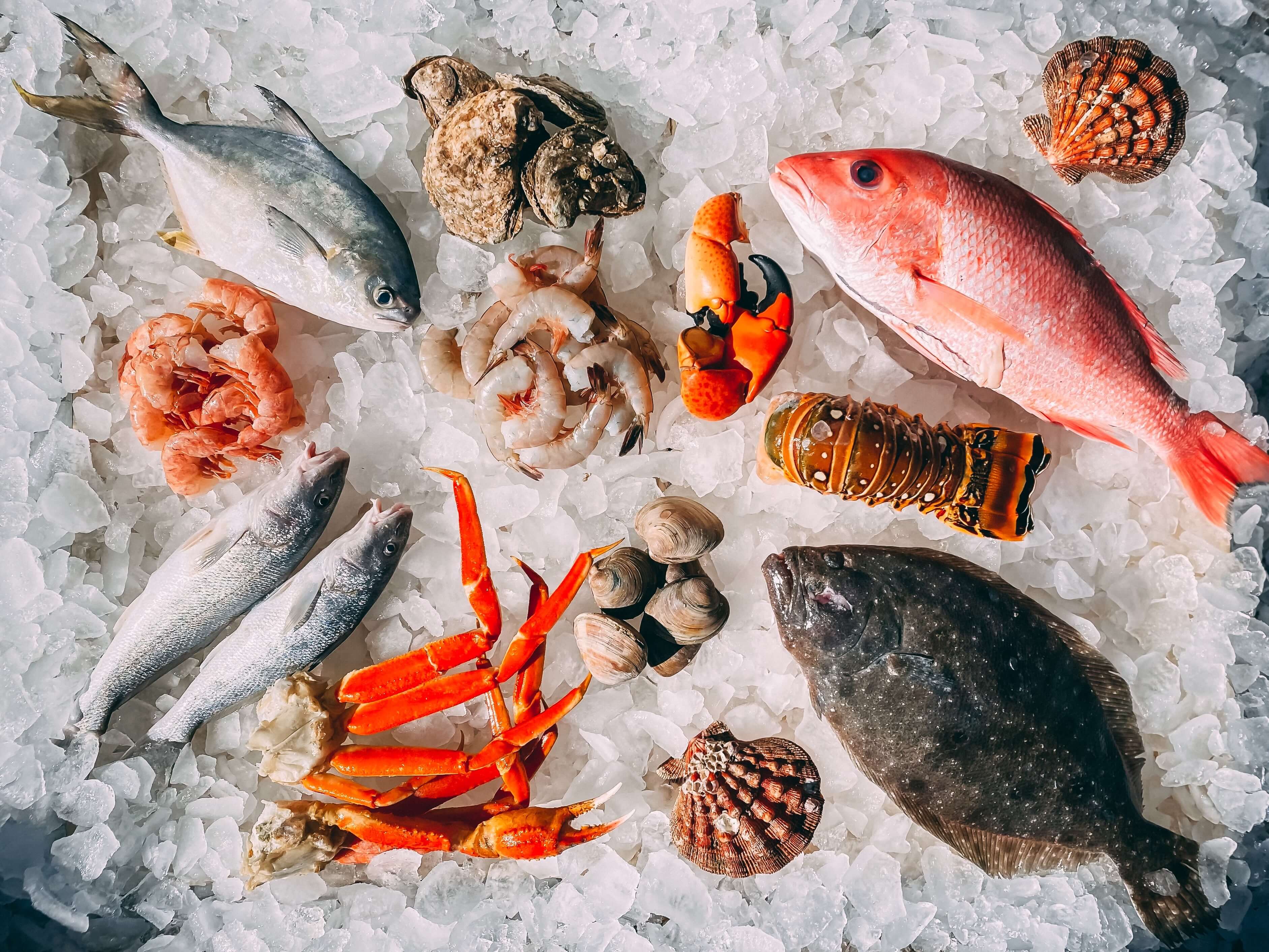BlueNalu, a global leader in cell-cultured seafood, has signed a Letter of Intent with Nutreco to jointly establish and scale up a food-grade supply chain for cell-cultured seafood manufacturing. The agreement builds on the success of their earlier collaborations, which demonstrates their shared interest in bringing nutritious seafood products to consumers worldwide. In their initial phase of collaboration, BlueNalu and Nutreco will focus on reducing the cost of cell feed and establishing specifications for certain raw materials necessary to produce BlueNalu's proprietary cell-cultured seafood products. This partnership is a step towards sustainable food production that addresses the challenges the growing global population poses.
BlueNalu's CEO, Lou Cooperhouse, highlighted that this agreement aligns with their large-scale commercialization plans and commitment to differentiating their products. BlueNalu's unique technology includes whole muscle product forms, a non-GMO, single-cell suspension line, and proprietary lipid-loading technology for continuous production. Nutreco's Chief Strategy Officer, Joost Matthijssen, noted that supporting BlueNalu's ongoing development and commercialization efforts reflects Nutreco's commitment to feeding the global population safely and sustainably.
The Alternative Sea-Food Trend: Between Promises And New Challenges
The fish industry faces several challenges, including overfishing, environmental degradation, and unsustainable aquaculture practices. Overfishing has led to the depletion of fish populations in many parts of the world, and there is a growing concern that some species may become extinct shortly. Environmental degradation, such as pollution and climate change, also affects fish populations, making it difficult for them to survive in their natural habitats. Unsustainable aquaculture practices, such as antibiotics and unsustainable feed overuse, have further contributed to the industry's problems.
Cell-cultured seafood is an emerging alternative to traditional fish production methods, presenting potential advantages for the seafood industry. This process involves growing fish cells in a laboratory and using these cells to create seafood products similar to conventionally harvested fish. Cell-cultured seafood has been suggested as a more sustainable option with a minor environmental impact, no risk of overfishing or bycatch, and the potential to produce seafood with better nutritional profiles. Additionally, the scalability of this technology could allow for the production of more significant amounts of seafood to meet growing demand. While still in its early stages, cell-cultured seafood technology could provide a new source of protein for the global population and help ensure the industry's sustainability in the future.
Although cell-cultured seafood technology holds promise, significant challenges remain to overcome before it becomes a widespread alternative to traditional fish production methods. One of the main obstacles is the high production cost, partly due to the cost of the cell culture media and the energy required to maintain the cultures. There are also concerns about the scalability of the technology and the ability to produce seafood products comparable in texture and flavor to conventionally harvested fish. Another challenge is the need for regulatory approval, as the technology is relatively new, and there are still uncertainties about the safety and environmental impact of the production process. Addressing these challenges will require continued research and development efforts and collaboration between scientists, policymakers, and industry stakeholders to ensure the safety, sustainability, and affordability of cell-cultured seafood products.
Photo by Mike Bergmann on Unsplash



3 Comments